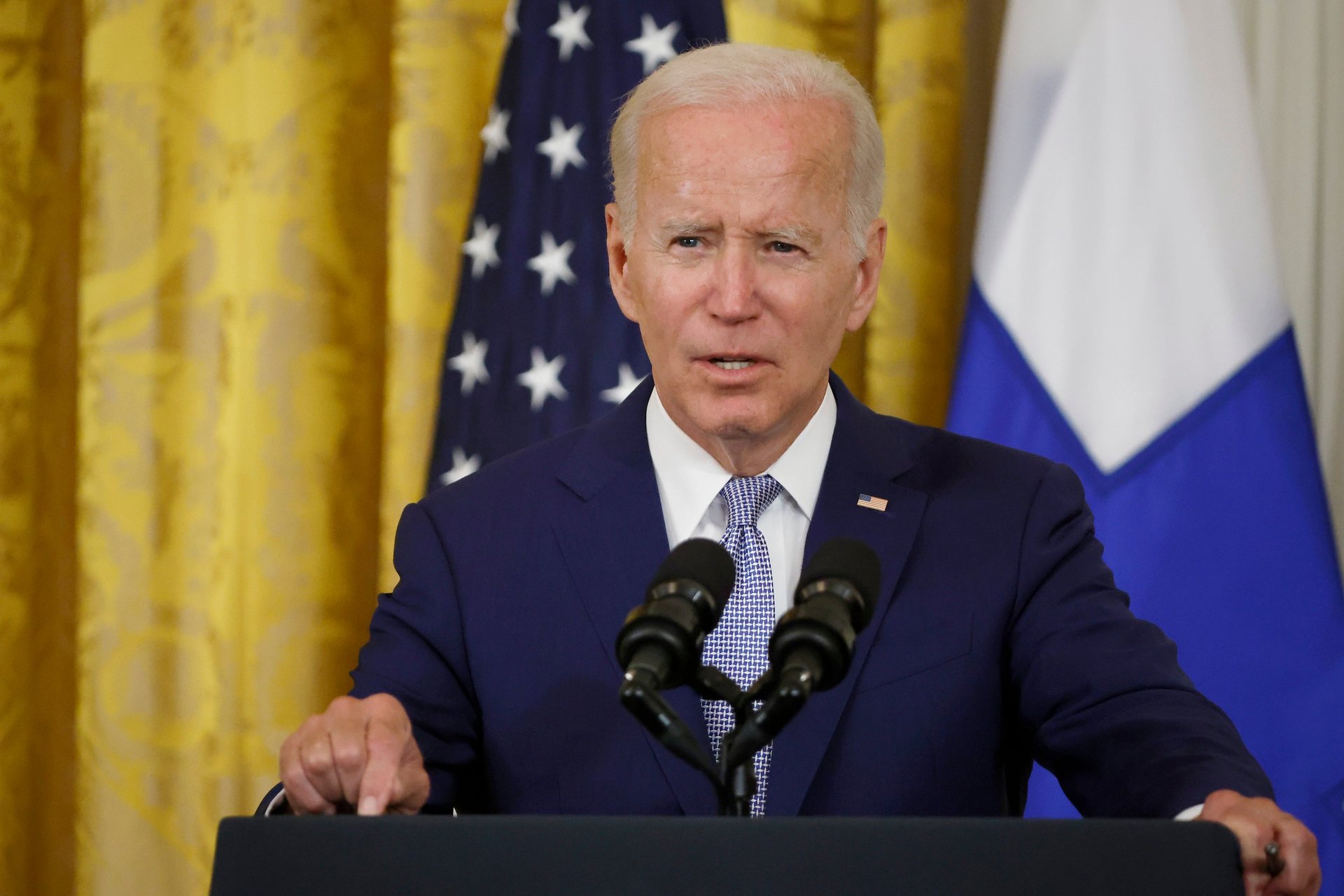The Biden administration is lowering the price of 64 prescription drugs with inflation rebates
The administration is imposing penalties on certain drugs whose prices rose faster than the rate of inflation

The Biden administration said on Wednesday that Medicare enrollees will pay less for 64 prescription drugs available through Medicare Part B.
Suggested Reading
The savings are part of a program established with the Inflation Reduction Act in 2022 and is meant to rein in drug price hikes — a key goal of the Biden Administration.
Related Content
The Medicare Inflation Rebate Program requires that pharma companies pay rebates to Medicare when prices for their prescription drug covered by Medicare Part B rise faster than the rate of inflation.
On Wednesday, The U.S. Department of Health and Human Services (HHS) named the 64 drugs that will be impacted by the program. As a result, from July 1 to Sept. 30 Medicare will lower the coninsurance rate for those medications.
“Everyone should be able to afford their medication, and the Inflation Reduction Act continues to deliver on this goal to improve affordability,” said CMS Administrator Chiquita Brooks-LaSure in a press release. “Discouraging drug companies from price increases above the rate of inflation is a key part of this effort, and CMS continues to implement the law to bring savings to people with Medicare.”
Over 750,000 Americans on Medicare use these drugs annually, according to the HHS. The agency said some people on Medicare can expect to save between $1 to $4,593 a day from the program.
The medications impacted included Astellas Pharma and Pfizer’s bladder cancer treatment Padcev and Celegene’s myeloma therapy Abecma.
The Centers for Medicare and Medicaid Services (CMS) will start invoicing the drug companies for the rebates by the fall of 2025.
The rebate program is different from the one that allows CMS to negotiate the price for brand name drugs that make up the most of Medicare’s prescription drug spending.
The prices for the first 10 drugs undergoing negotiations are expected to be set by this August, with the negotiated prices taking effect in 2026.